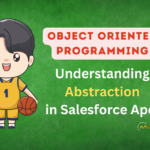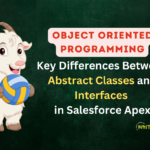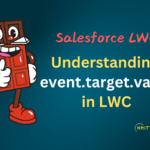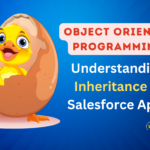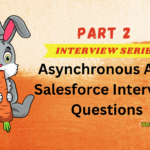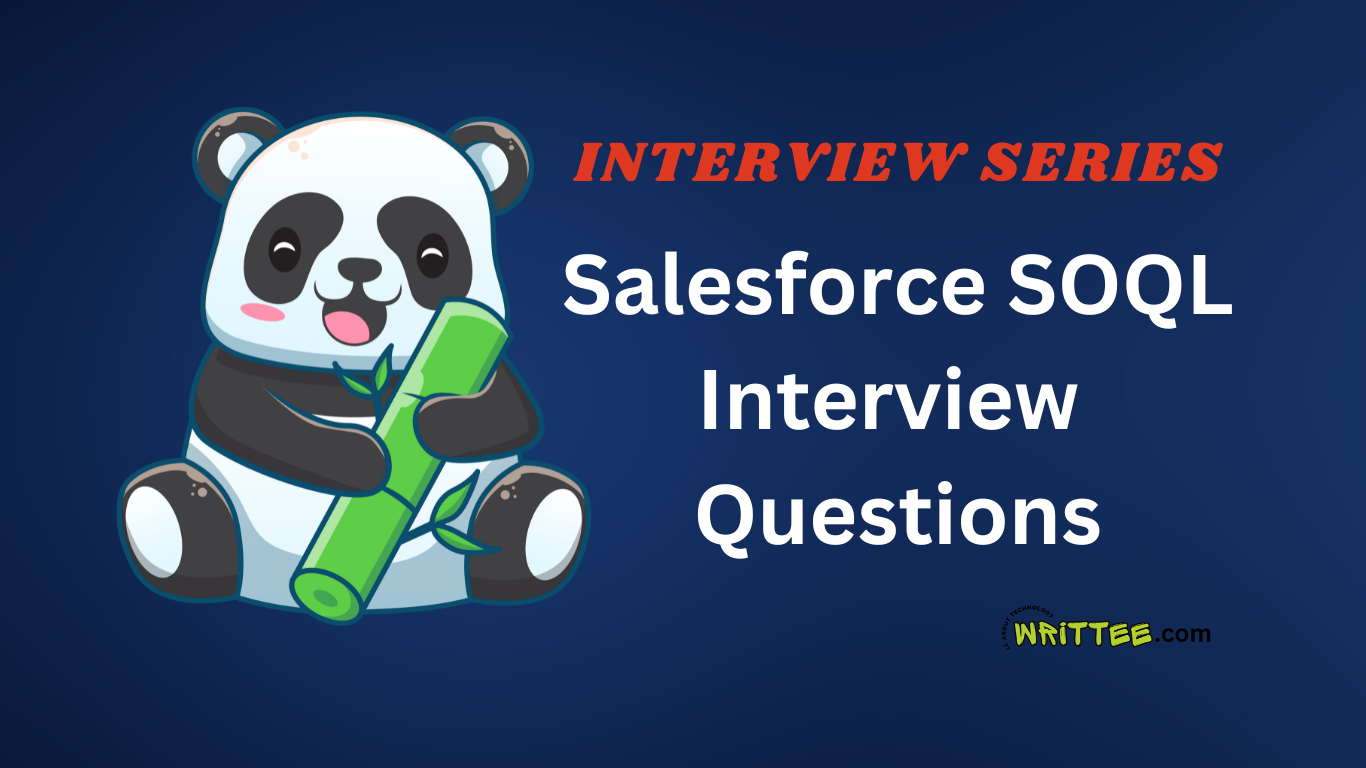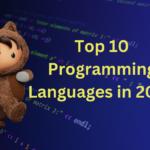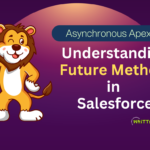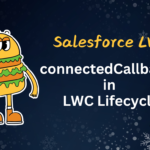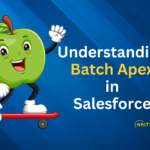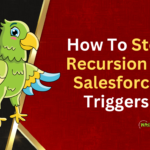Contents
IntroductionWhat is SOQL? And how does it differ from SQL?Write a basic SOQL query to fetch all the records from an object in Salesforce ?How can you filter records using SOQL?What is the use of LIMIT clause in SOQL?What are aggregate functions? Can you use them in SOQL?6. What are relationship SOQL queries in Salesforce?Types of Relationship Queries:7. What is subquery in SOQL, and how would you use one?8. How can you optimise a SOQL for better performance?9. What is the significance of using WITH SECURITY_ENFORCED keyword?10. Write a SOQL to get all the Account records with contact.


